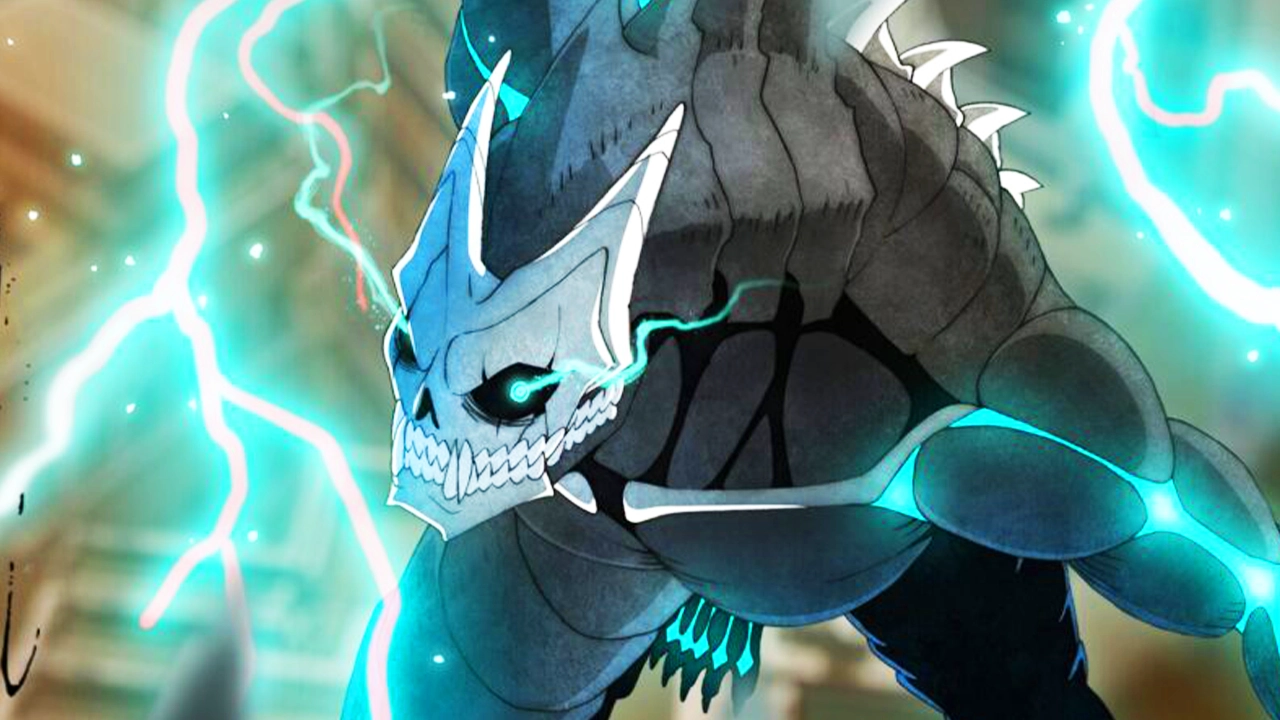By Gerald C. Koinyeneh
Monrovia — When President Joseph Nyuma Boakai and Vice President Jeremiah Kpan Koung took the oath of office on January 22, 2024–administered by Chief Justice Sie-A-Nyene Yuoh–they swore to uphold, protect, and defend the Constitution of Liberia.
In his inaugural address, President Boakai vowed that his administration would reflect the hopes and aspirations of the Liberian people and uphold the rule of law.
He declared: “Hundreds became volunteer poll watchers at polling stations, including the hardest-to-reach places throughout the country. The message they sent by their act of courage and determination is loud and clear: no more business as usual. It is a clarion call for a new Liberia–a different Liberia–one that genuinely practices the rule of law and adheres to the tenets of democratic governance in the interest of all our people.”
However, just over a year later, that solemn pledge is being put to the test. The Boakai-Koung administration is under growing scrutiny for its handling of the ongoing legislative impasse, which the Supreme Court recently ruled on.
The Court declared the actions of the self-proclaimed “Majority Bloc”–which attempted to unseat Speaker J. Fonati Koffa–as unconstitutional. It ordered the House of Representatives to conduct its business in line with the Constitution and legal procedures.
Many believed that the Supreme Court’s ruling–being the final arbiter of justice–would have resolved the crisis. With the Majority Bloc refusing to comply, the public looked to the Executive Branch to enforce the Court’s mandate by officially recognizing Rep. Koffa as the legitimate Speaker.
But that expectation appears unmet. In a national address on Thursday, President Boakai seemed to break ranks with the Court, stating that his administration would continue to work with what he called a “functioning quorum” in the House to ensure the uninterrupted operations of government.
“Fellow Liberians, our Constitution and the Supreme Court have defined what constitutes a quorum for the conduct of business in the Legislature,” he said. “We intend to vigorously uphold this vital principle of our constitutional democracy. We will continue to work with the quorum that will ensure the full functioning of our government.”
His statement, however, has stirred controversy, as it appears to align with the very group whose actions the Supreme Court declared unconstitutional.
Critics argue that the President’s position legitimizes the unconstitutional behavior of the Majority Bloc. Legal experts have emphasized that it is the Executive’s duty to enforce the Court’s ruling.
Cllr. Lafayette B. Gould has called on the government to officially recognize Speaker Koffa and restore all the privileges, security, and logistical support stripped from him and transferred to Rep. Richard Koon.
President Boakai’s comments mirror rhetoric from Rep. Koon and members of the Majority Bloc, who have publicly rejected the Court’s authority. In a strongly worded statement following the Court’s decision, Rep. Koon called the ruling an “atrocious and audacious violation” of the doctrine of separation of powers and insisted that the House would not adhere to it.
“The Leadership of the House of Representatives, acting by and through me, rejects in the strongest terms the judgment of the Supreme Court that Former Speaker Koffa continues to be Speaker,” Koon stated, referencing a resolution reportedly signed by 50 members seeking Koffa’s removal.
Rep. James Kolleh of Bong County echoed Koon’s defiance and even suggested that the Bloc might seek to impeach the justices of the Supreme Court for allegedly overstepping their constitutional bounds.
In response, Cllr. Gould warned that any attempt to abrogate the Constitution, including defiance of a Supreme Court ruling, is treasonous under Article 76.
“Treason against the Republic shall consist of abrogating or attempting to abrogate the Constitution by the use of force or by any other means,” he said. “When the Supreme Court rules on a constitutional matter and a group of people reject that ruling in a manner that cripples governance, they are undermining the Constitution.”
Violation of Rule of Law Threatens Liberia’s UN Security Council Bid
In the wake of mounting rhetoric and defiance, the Boakai-Koung administration is under increasing pressure to enforce the Supreme Court’s recent ruling. By failing to recognize and implement the Court’s mandate, the government is perceived as undermining the rule of law–an action that could not only spark chaos but also damage its credibility both at home and abroad.

Sign up for free AllAfrica Newsletters
Get the latest in African news delivered straight to your inbox
Experts warn that continued disregard for the Supreme Court’s ruling could severely hamper Liberia’s bid for a non-permanent seat on the United Nations Security Council.
Senator Edwin Melvin Snowe, head of Liberia’s delegation to the ECOWAS Parliament, cautioned that the international community is closely monitoring developments in Monrovia.
“I make this appeal to you all today: Let us respect the rule of law. The decision of the court is final. Let’s respect it. We are vying for a seat on the United Nations Security Council. These things are going to follow us. If we cannot respect the decision of our High Court, but we want a seat on the Security Council? What a contradiction,” said Senator Snowe.
As Liberia seeks to boost its international standing, analysts say actions that weaken judicial authority and constitutional governance could significantly jeopardize its diplomatic aspirations.






